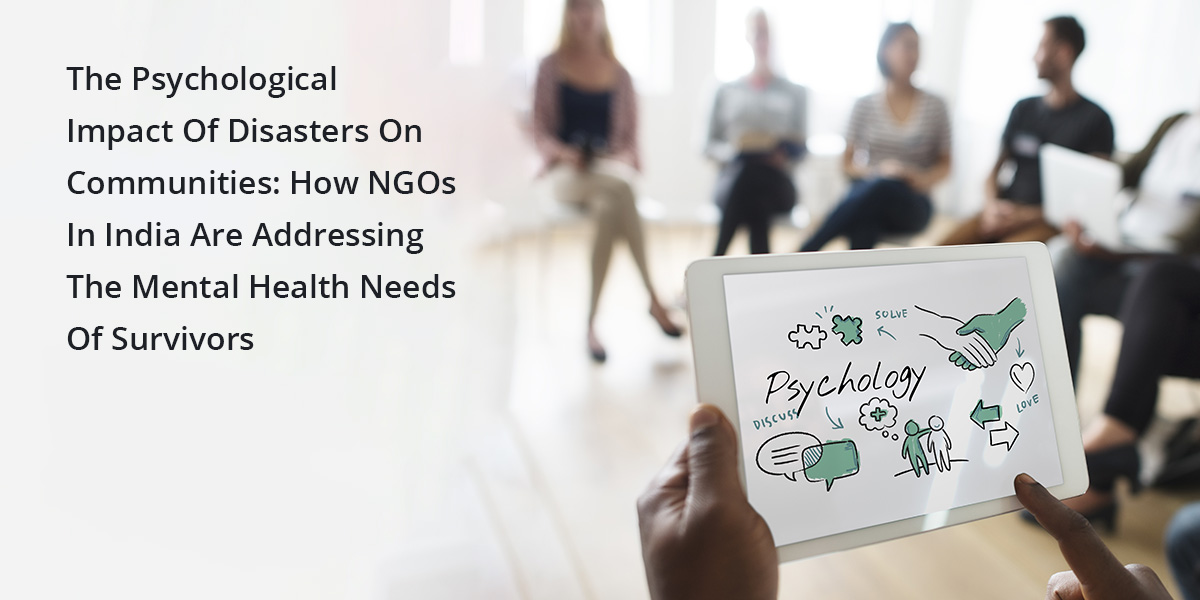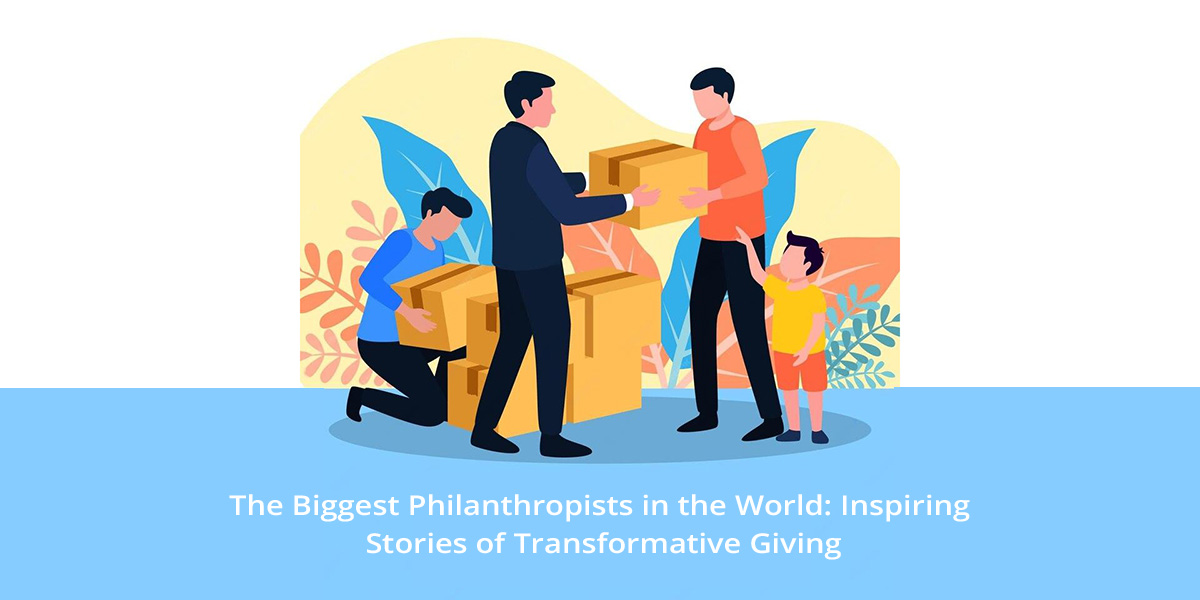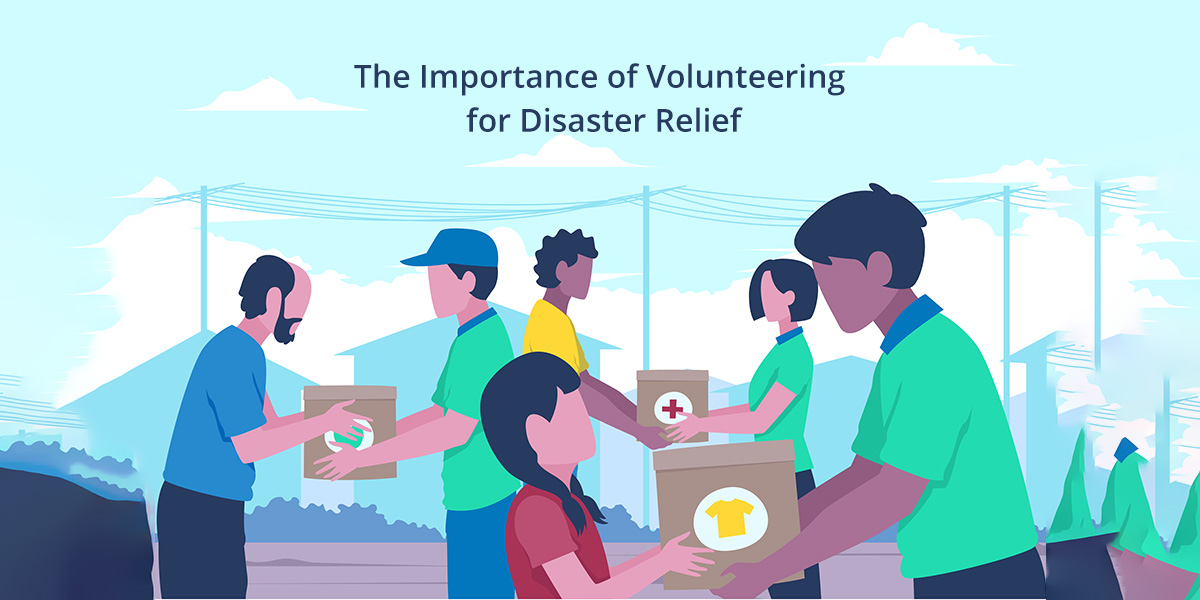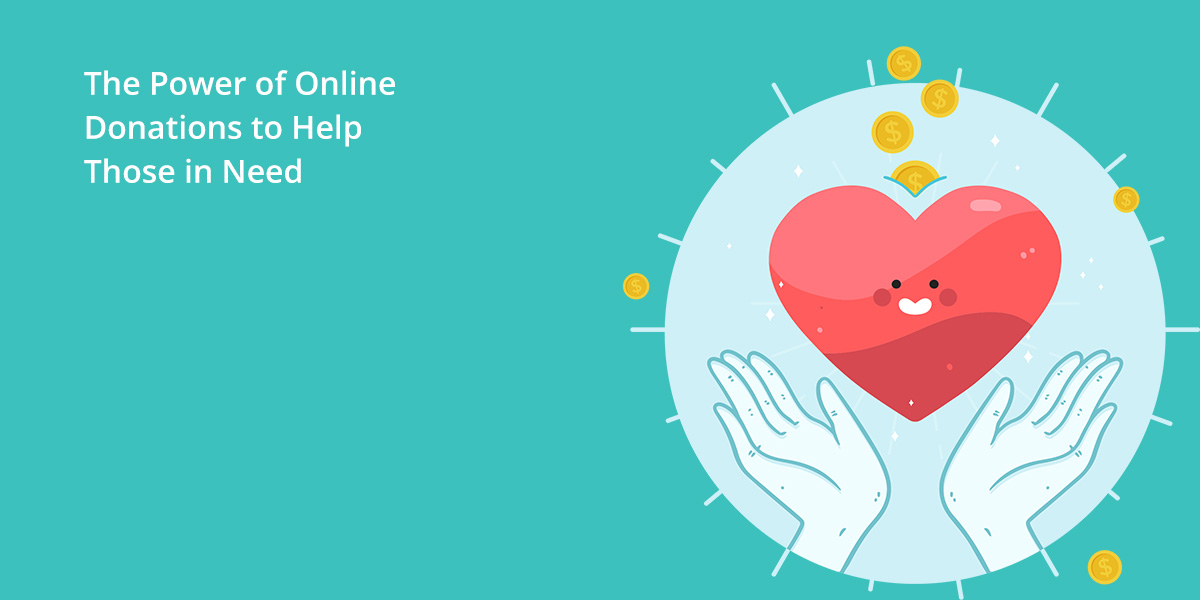Table of Contents
The Psychological Impact Of Disasters On Communities
There is an undeniable link between disasters and mental health, and the repercussions of disasters may be detrimental to the impacted population. In addition to the social and economic losses, people also suffer from mental instability, which increases their risk of developing PTSD, anxiety disorders, and depression. The emotional miseries a person experiences after a disaster are incomparable to the social and economic losses that disasters typically cause.
The Challenges Of Addressing The Psychological Impact Of Disasters In India
- The aftermath of disasters has a vast impact on socioeconomic conditions. In developing countries like India, recovery focuses on these socioeconomic conditions. Mental health on the other hand is a neglected topic in general. Disaster-related mental health issues are an even more underserved field. This lack of awareness of the importance of mental health care in disaster recovery is a challenge for the handful of NGOs that tend to this issue.
- Mental health problems are inevitable in disaster‑affected populations. Planning mental health services for a disaster-affected community is difficult, particularly in situations with limited resources. Planning involves evaluation, examining the accessibility of the disaster region, mobilizing the resources that are available, coordinating with the local community and other relief organizations, and providing long-term care. India is a developing nation with low resources, situated in a high-risk region. Which makes it extremely difficult to provide mental health care to a population affected by a disaster.
- Mental illnesses in India have had a longstanding history of being looked down upon, ignored, trivialized, and highly stigmatized. People suffering from mental illnesses are often tagged as “lunatics”, “crazy”, “possessed” and many more by society. Mental health recovery here becomes a challenge because it is still viewed as unnecessary.
Strategies Used By NGOs To Address The Mental Health Needs Of Disaster Survivors In India
- Providing counseling and other mental health services to survivors
NGOs aim to provide emotional support during the acute period following a disaster. Outreach assists survivors in expressing and understanding their emotions better. This takes away the distress that follows a disaster and brings survivors together, in support of each other
- Knowledge of the various symptoms related to different disorders will then allow us to notice when we, ourselves, or anyone around us is likely to be suffering from a mental illness. Having some awareness also helps us to better understand what we are going through and pinpoint exactly whom we need to ask for support. NGOs work towards spreading awareness through education and outreach.
- NGOs facilitate mental health support during a crisis by collaborating with mental health professionals and organizations. While NGOs can provide physical relief and entry-level counseling they are not trained mental health professionals. To enforce the proper treatment of mental health issues they collaborate with mental health professionals and organizations.
- Disaster Response largely tends to necessities like shelter, food, clothing, etc; with little to no attention to mental health. Disasters can cause major issues like stress, anxiety, and depression. Acute stress can further cause peptic ulcer, hypertension, asthmatic attack, ulcerative colitis, etc. Simply put, mental disorders are gateways to catastrophic physical ailments. To prevent these flare-ups, mental health considerations must be incorporated into disaster response and recovery efforts.
Examples Of Successful Mental Health Care Efforts By NGOs In India
- Mental health practitioners actively participated in the Marathawada earthquake (1993) and the Andhra Pradesh supercyclone (1996) by providing mental health treatments and doing research to analyze the psychosocial effects of these disasters. A review of efforts on the service delivery, education, and research activities related to the psychosocial support and mental health 436 services (PSSMHS) elements of disasters in India was conducted.
- NGOs provide and facilitate mental health in disaster-affected areas. NGOs create a link between various communities and mental health professionals to be able to create mental health stability amongst the masses. NGOs are first responders to disasters and cater to not only the physical but also the mental and emotional needs of disaster survivors. NGOs also host a series of trainings during the pre-disaster phase, spreading mental health awareness in general and during a disaster.
Conclusion
Psychological Impact of Disasters is a majorly overlooked but overwhelmingly evident segment of disaster response. Statistically, over 50% of survivors suffer from mental illness (depression. 2.7%, other disorders 43.2%) and go on suffering due to the lack of awareness and focus on psychological issues post-disasters. 50% of survivors on average are hindered from leading their best lives; extreme cases lead to catastrophic events like suicide or murder or worse. This is why the addressal of the psychological impact of disasters on communities is of utmost importance.
Historically, NGOs in India have been essential in promoting and enabling activities related to health and education. In the previous two decades, the country’s NGO movement has steadily increased to fill the significant gaps. NGOs are propelled by a passion for a certain cause and support it with commitment and tenacity. While their reach cannot compare to that of governmental organizations, the calibre of their treatment and their efforts to connect with all of the relevant parties—particularly those who are marginalized, such as people with mental illnesses—gives them a significant advantage; Ergo giving them the potential to make a difference in addressing the mental health needs of disaster survivors in India.






